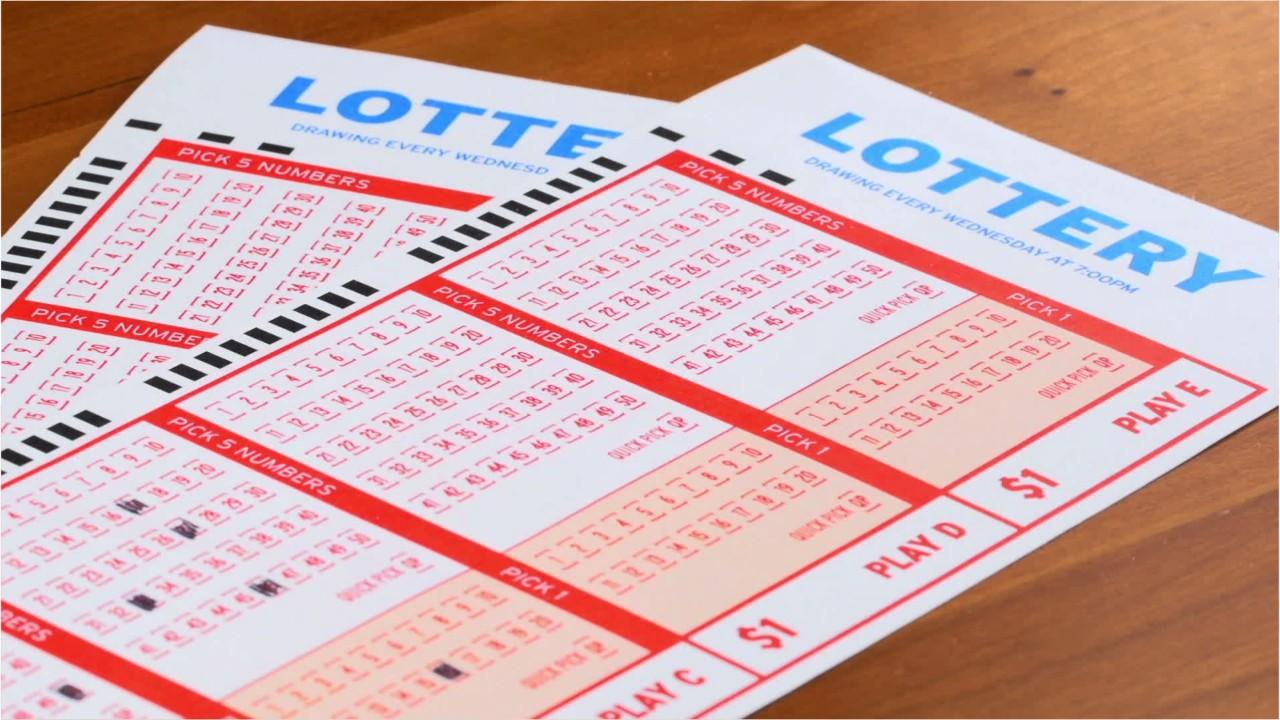
A lottery is a form of gambling that involves drawing numbers to win prizes. Though some governments ban lotteries, others endorse them and sgp prize regulate them as a way to raise money for public projects. Several forms of lottery exist, including scratch tickets and instant games.
Originally used to distribute property, assign rights, and settle legal disputes, lotteries have become popular as a source of funding for government and nonprofit organizations. The lottery is also a popular source of entertainment, especially for people who do not have much money to spend on other forms of gambling.
The origins of the lottery are difficult to trace, but it is likely that lottery practices have been in existence for centuries. The Bible mentions Moses drawing lots to divide up the land of Israel, while Roman emperors held lotteries to determine property ownership.
Today, the majority of lottery games feature a prize pool. This pool is made up of all tickets that have been sold or are available for sale. The prizes that are drawn from the pool are then distributed amongst the winners. Depending on the type of lottery, the prize may be in cash or other forms of value.
Various methods of determining the winner are employed, including computer programs and a system of sales agents. In some countries, a pool of tickets is drawn randomly from a hat. In other countries, a computer is used to shuffle the tickets and choose the winning numbers or symbols.
Some lotteries are financed by taxes. These taxes are usually collected from a small percentage of the total ticket price. However, they are often higher than other forms of taxation, making them less attractive to low-income populations.
The chances of winning a lottery are low, and they don’t improve with frequent play. In addition, advertised jackpots are typically annuity payments over a long period of time, not lump sums of money. This makes it more difficult for those who win to live comfortably once they have the money, and can result in addiction.
In the United States, the poor and minorities spend a much larger percentage of their income on lottery tickets than do people from wealthier backgrounds. Moreover, people with high levels of addiction tend to spend more than those who are not addicted.
Many lottery sites accept prepaid cards as a means of payment. These cards work similarly to debit cards, but users must have a 16-digit PIN. In addition, a wide variety of online lottery sites accept e-wallets like PayPal and Neteller.
The lottery is a highly addictive form of gambling that can lead to serious financial problems and social problems for those who play it frequently. A recent study found that a subset of lottery players exhibit symptoms of compulsive behavior, which can include heavy purchasing and risk taking.
The lottery is a form of gambling that is illegal in most countries, but it is still a popular form of entertainment. Because the odds of winning are so low, lottery players can end up losing a lot of money if they are not careful. Fortunately, there are some ways that lottery players can avoid this problem. One of the most important is to familiarize yourself with the rules and probabilities of the game. You can also learn about taxes on winnings and other issues associated with lottery play.